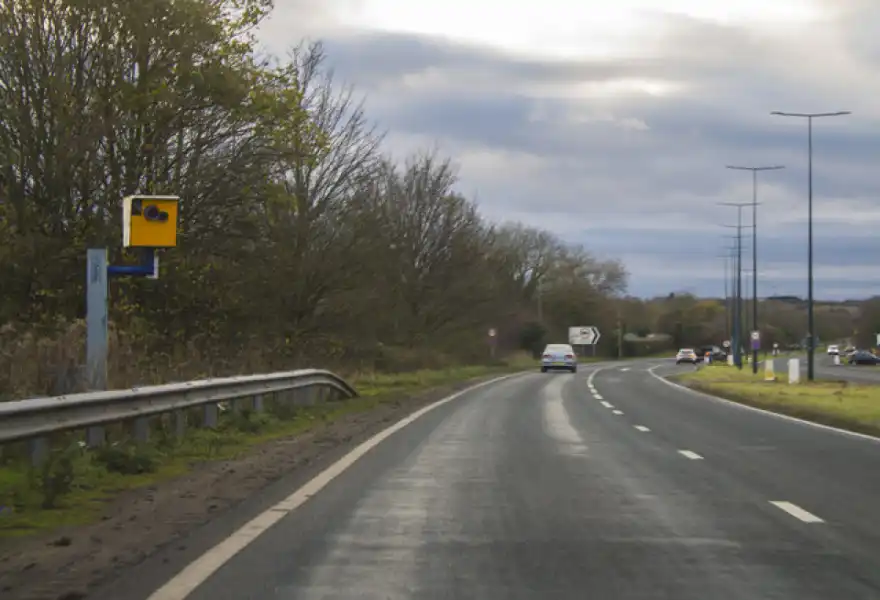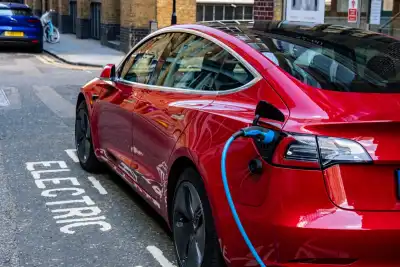
Rumour One: Speed cameras can be turned off.
This is true. Freedom of information request data proved some cameras are turned off, Brake said. This is not the safety charity’s preference, though. It ‘fully supports’ the use of cameras and is ‘encouraging’ the authorities to switch them all on.
Rumour Two: You have to break the limit by a big margin to be caught.
This is false. You can be punished even if you only exceed the speed limit by the smallest margin. However, police guidelines allow for some discretion. The recommended buffer is 10% plus 2mph.
Rumour Three: Cameras have to be yellow.
This is false. Speed cameras do not have to be painted bright yellow to make them easy to see at distance. Many cameras are grey.
Rumour Four: Average speed cameras do not work.
This is false. ‘They are particularly beneficial as they enforce limits over a longer stretch of road’, the safety charity revealed.
Rumour Five: You can ask to take a speed awareness course.
This is false. Instead of a fine and penalty points, you may be given the chance to take a speed awareness course if caught on camera. The course must be offered to you, though. You cannot request it.
Rumour Six: You can sit more than one speed awareness course.
This is true. You can take a second course. However, it cannot be within three years of your first or if your offence is too serious.
Rumour Seven: Cameras cannot see you if you drive very, very fast.
This is false. Cameras can catch you at any speed your car can realistically manage on a public road.
Rumour Eight: You do not have to tell your vehicle’s insurer you sat a speed awareness course.
This is true. You don't legally have to tell your insurance provider that you've been on a speed-awareness course unless they specifically ask you. You won't be asked when filling out a quote form either, as it's not classed as a driving conviction
Rumour Nine: Cameras can catch you speeding on a bicycle.
This is false. Cameras only monitor mechanically propelled vehicles.
Rumour Ten: Cameras only exist to make money.
This is false. ‘Evidence shows that cameras provide a vital deterrent to dangerous and selfish drivers’, the charity concluded.


